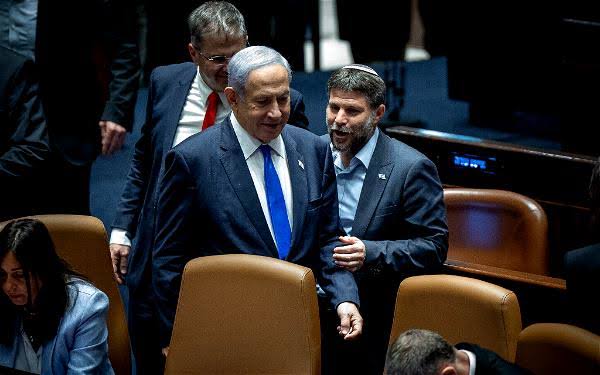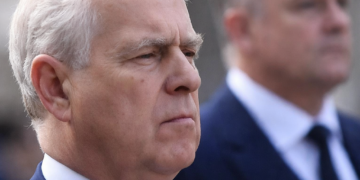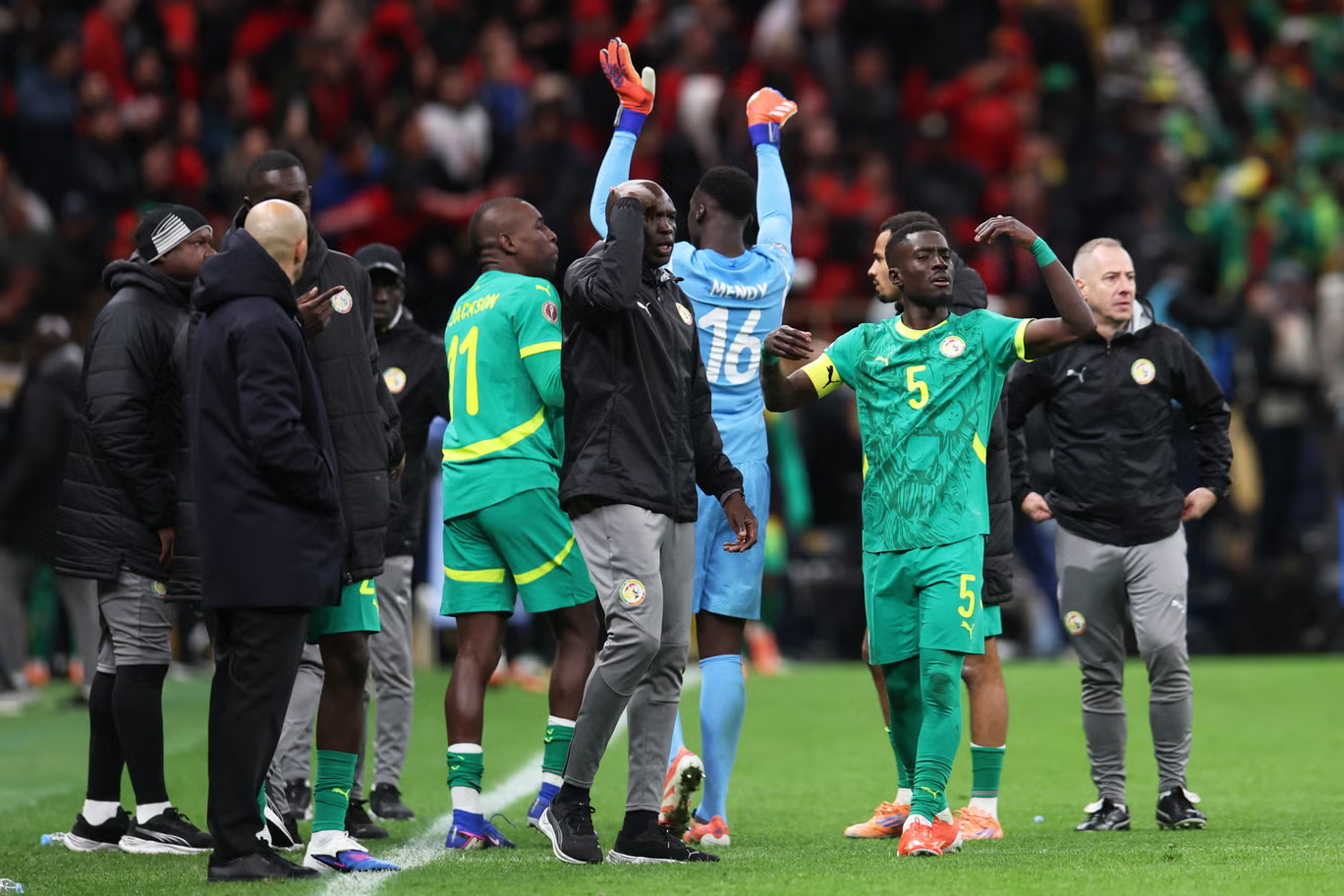The audacity of Israel in the face of regional tensions is nothing short of remarkable. Prime Minister Benjamin Netanyahu recently took to the screen with a bold warning directed at Iran, declaring that “there is no place in the Middle East beyond Israel’s reach.” This proclamation comes amidst a series of aggressive airstrikes targeting Hezbollah in Lebanon, an Iranian ally. It’s a fascinating display of power, and one that raises eyebrows across the geopolitical landscape.
In a video message crafted in English, aimed at the Iranian populace, Netanyahu warned that their government is leading them “closer to the abyss.” A poetic way to say, “You’re in deep trouble!” With every moment that ticks by, he claims, the Iranian regime is dragging its citizens into a darker future filled with conflict.
“Don’t let a small group of theocrats crush your hopes and dreams,” he implores the people of Iran, a message that sounds like a motivational speech from a rather ironic self-help guru.
Meanwhile, Israel’s air campaign against what it labels the “Axis of Resistance” — a collective of Iranian-aligned militant groups spanning Lebanon, Syria, Yemen, and Iraq, has ramped up significantly. The stakes escalated recently when an Israeli strike on Beirut reportedly killed Hassan Nasrallah, the leader of Hezbollah. This operation sends a clear message: Israel is unafraid to engage directly with its adversaries, and it is willing to make bold moves, even if it risks causing a larger conflict.

The Iranian response has been equally fiery. Iran has promised to avenge the death of Abbas Nilforoushan, a top commander in the Quds Force who perished alongside Nasrallah in the Israeli strike.
In his statement, Netanyahu expressed a rather optimistic vision for the future, suggesting that a day will come when “Iran is finally free.” This utopian vision, while appealing, seems naive against the backdrop of the current geopolitical climate. He painted a picture of peace where “our two countries, Israel and Iran, will be at peace,” claiming that this day would arrive “sooner than people think.” If only it were that simple!
Iran’s foreign ministry spokesman, Nasser Kanani, dismissed any notion of sending extra fighters to confront Israel directly, asserting that Lebanese forces and fighters in Palestinian territories have “the capability and strength to defend themselves.” It’s a classic case of “we’ve got this under control,” which sounds reassuring until you consider the chaotic reality on the ground.
Adding to the tension, Iranian President Masoud Pezeshkian recently visited Hezbollah’s office in Tehran to pay tribute to Nasrallah, highlighting the deep ties between these factions. Supreme Leader Ayatollah Ali Khamenei, wielding ultimate authority in Iran, vowed that Nasrallah’s death “will not be in vain.” He labeled Israel as “too weak to cause significant damage to the solid construction of Hezbollah in Lebanon,” calling for solidarity among the so-called “Axis of Resistance.” It seems that while Netanyahu is throwing punches, Khamenei is gearing up for a counterattack.
The Middle East remains a powder keg of political posturing, bold declarations, and underlying tensions. Netanyahu’s bravado might ring well at home, but the real test will be how these rising conflicts are managed in the coming days.

















